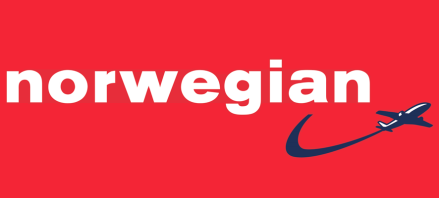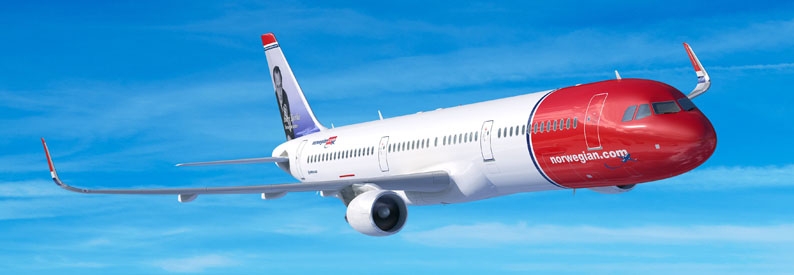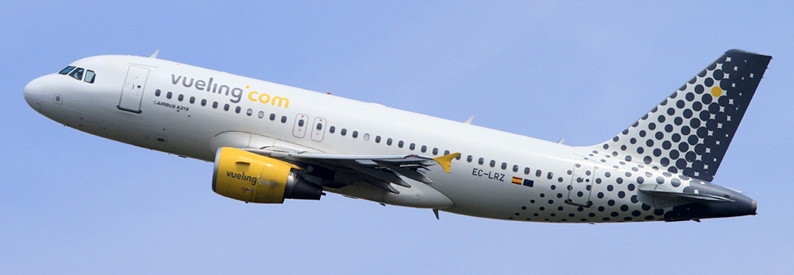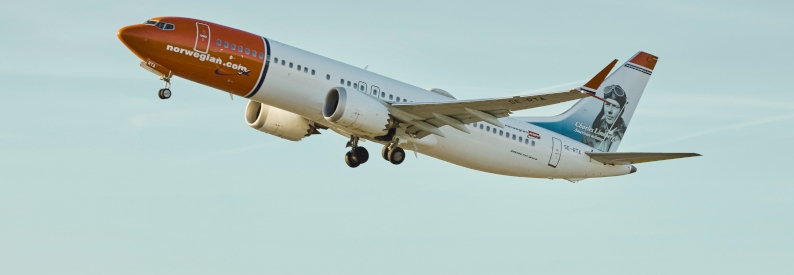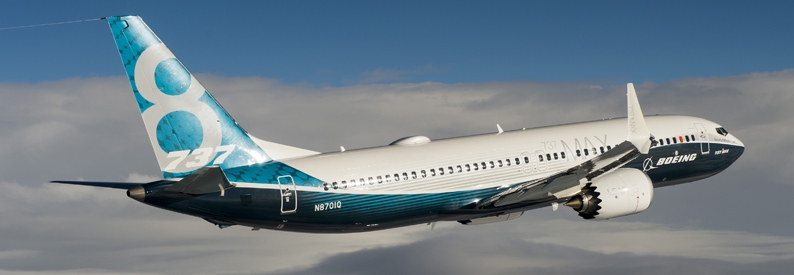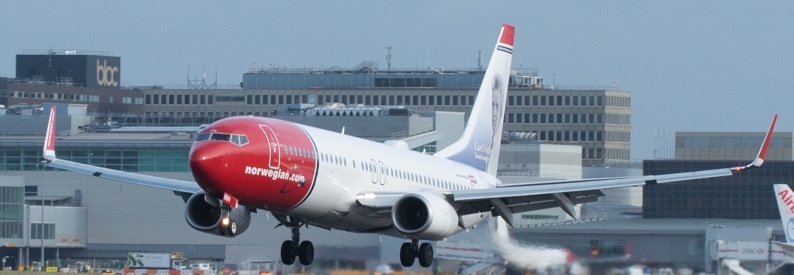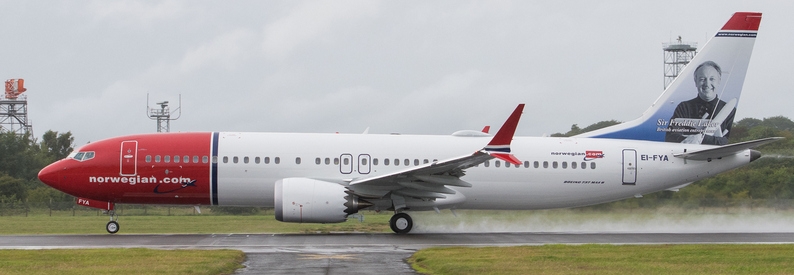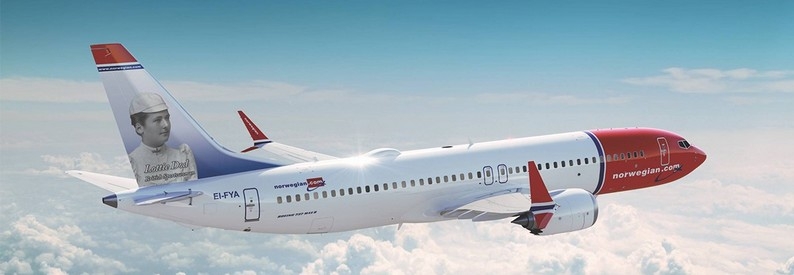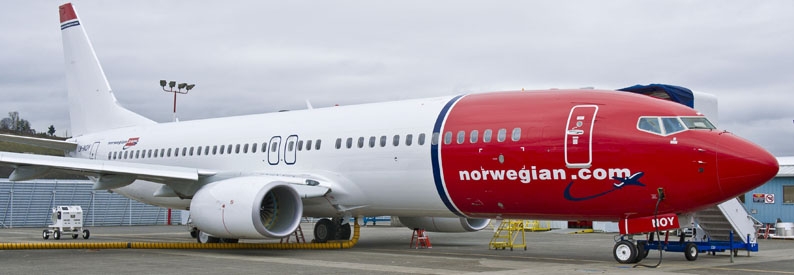Norwegian (Oslo Gardermoen) is likely to use all 30 of its options to buy the larger B737-10 in a few years, bearing in mind the variant is still undergoing certification, according to CEO Geir Karlsen.
"We think that the MAX 10 is the right thing to go for, and we will probably spend or use maybe all the 30 options buying MAX 10. For obvious reasons, it will take a while, in our opinion, before the first MAX 10 can actually be delivered from Boeing. So it is a few years down the road," he said during a recent first-quarter earnings call.
Karlsen expressed slight concern that Boeing's reduced production of the B737-8 may impact Norwegian's plan to operate 87 aircraft this summer. He said deliveries from Boeing to Norwegian ahead of the summer were limited. The airline recently took delivery of one aircraft for the summer, with one remaining to be delivered in early June. "We are comfortable that that will happen," he said.
According to ch-aviation Commercial Aviation Aircraft Data data, Norwegian currently operates an inhouse fleet of sixty-two B737-800s and twenty-one B737-8s across its Norwegian and Swedish (Norwegian Air Sweden AOC (D8, Stockholm Arlanda)) AOCs, with 52 more B737-8s to be delivered. It is aiming to transition to an all-MAX fleet.
"We have paid NOK3.4 billion kroner [USD308 million] into this [B737 MAX] aircraft order. We are extremely confident that we were able to finance these aircraft. We have a massive demand from banks and leasing houses already that are lining up to be part of the financing package going forward," Karlsen disclosed.
He said Norwegian had harmonised its specifications on aircraft orders, aiming to reduce capital and operating expenses. As a result, he anticipated significant cost savings on the operating expense side. The airline has also renegotiated purchase prices by adjusting aircraft specifications, further reducing capital expenditure, he added.
While he anticipated problems with the Boeing deliveries, he underlined that Norwegian has a dry-leased fleet of B737-800s with extendable redeliveries for the next few years. The airline has been extending its leases since 2022 and plans to continue doing so for the next two to three years due to production delays at the manufacturer. "Why two, three years? Because I think it will be at least two years until we can see the production level at Boeing at the level they want it to be."
The capacity constraint will mean less capacity flowing into the market, supporting performance on yield and revenue per available seat-kilometre (RASK), he said. Norwegian has steadily been increasing capacity, with 15 more aircraft in service in the first quarter of this year compared to the same period last year, he pointed out. However, it cut seasonal capacity by 40% compared to 2023.
On the network side, Norwegian is opening more bases, such as at Riga, Latvia, to be followed by a base at Palma de Mallorca, Spain, this summer. Barcelona El Prat will be retained as an annual base, with another full-year base in the Canary Islands opening this autumn.
Partnering with Widerøe
On the January 2024 takeover of Widerøe (WF, Bodø), Karlsen said he was "very optimistic on the way forward together" with the airline "and what we will do together". Leveraging Widerøe's market strength, Norwegian would continue to push more into the corporate market to mitigate the delays in deliveries from Boeing. More than 40% of passengers travelling with Widerøe are corporate travellers.
The two carriers are exploiting their complementary route networks to optimise their operations, with Widerøe's reduced seasonality compared to Norwegian being advantageous, he said. A recent Public Service Obligation (PSO) tender that the former won involving a 50% ticket-price subsidisation by the Norwegian government is expected to boost traffic flow. Bookings for Widerøe's PSO routes are already 30% higher than last year. Interlining between the two airlines surged by 42% in the first quarter. Further synergies are being realised in technical aspects, finance, procurement, and ground handling, with Widerøe's substantial ground handling workforce now supporting Norwegian operations in Norway.
The Norwegian group subsidiary operates a fleet of fifty aircraft, including forty-seven De Havilland Aircraft of Canada turboprops and three Embraer jets, according to the ch-aviation Commercial Aviation Aircraft Data module.
- Type
- Base
- Aircraft
- Destinations
- Routes
- Daily Flights
